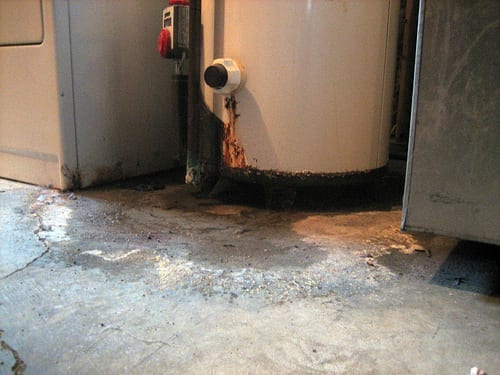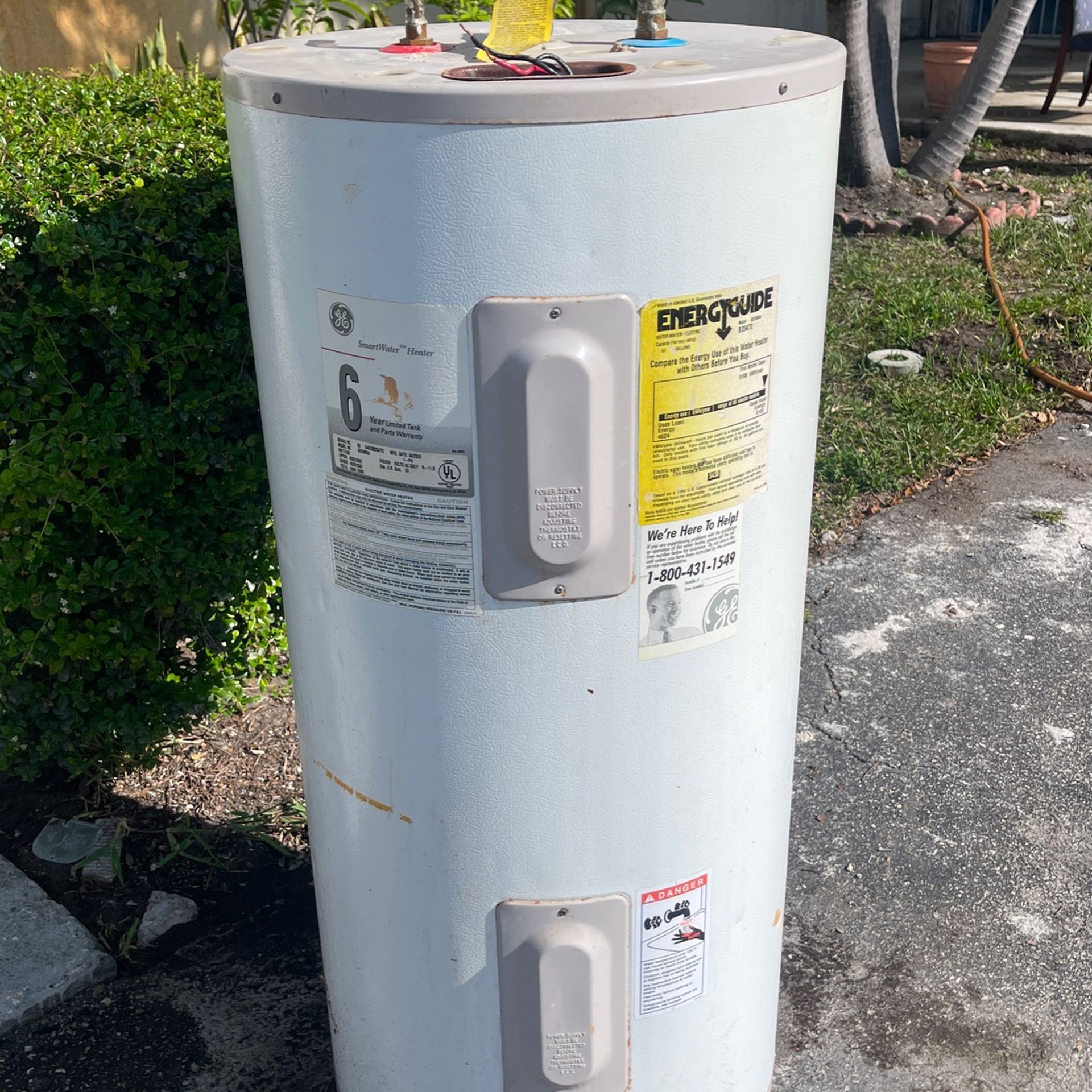Vital Recommendations for House Owners Managing Faulty Water Heaters
Vital Recommendations for House Owners Managing Faulty Water Heaters
Blog Article
Everyone is bound to have their personal theory on the subject of What Do You Do When Your Water Heater Bursts?.

Whether it is situated in the basement or a different area, damaged water heaters can trigger tension. Having no warm water supply is likewise frustrating.
Call the Plumber
After doing the very first 2 security steps, you should call your plumber to find as soon as possible to deal with a burst water heater. However, remember that your device will not just collapse considerably overnight. There are typically indications that your aging water heater has debris accumulation in the inside. Remember of the following:
Instead, as soon as you identify these indicators, have actually a specialist come to inspect your water heater tank. Generally, water heating units have a life expectancy of regarding 8 to 12 years.
Cut Off the Cold Water Supply
Cut off the containers tap water supply from the resource. When your container is in excellent problem, the cool water quits filling up when the tank is complete. If you can not discover it or reach it, you must transform off that main water supply line outside your property.
Shut Down Power Source
Prior to calling the plumber, turned off a gas hot water heater by turning the temperature level dial. This is typically found at the top of the thermostat. If you have a design that works on electric power, turn off the circuit breaker. This will stop electrocution, specifically if there is a leak as water is a conductor. Normally, the burner shuts down when the water hits a particular temperature level. Yet with a damaged storage tank, it may malfunction. Cutting it off guarantees you stay safe.
Clean Up Residential or commercial property
After calling the plumber, paper damages by taking notes and also pictures so you can claim your house owner's insurance. Remove any standing water to stop mold and mildew as well as mildew growth. If you have a submersible water pump, use that to drain the water.
Remember, if you notice any issues with your hot water heater, call the pros immediately. You can not take this problem gently due to the fact that a malfunctioning thermostat can increase water temp to a dangerously high degree, causing unexpected burns. A broken heater stress safety valve can additionally trigger a surge. For ideal outcomes, obtain a yearly check so your device gets examined, cleansed, drained, as well as re-filled, assuring optimal efficiency.
After doing the very first two safety and security steps, you have to call your plumber to come right away to fix a burst water heating system. Instead, as soon as you spot these indicators, have actually a professional come to check your water heating unit tank. Prior to calling the plumber, shut off a gas water heating system by transforming the temperature dial. If you have a completely submersible water pump, utilize that to drain pipes the water. Keep in mind, if you notice any concerns with your water heater, call the pros right away.
Is My Water Heater Broken?
The Water Heater is Old
No appliance will last forever. This includes a home’s water heater. During its lifespan, residents are going to face a situation where a new water heater installation will be necessary. The biggest problem with this is that most people are not sure when their water heater expires. Not knowing this can lead to serious risks if the unit begins to act up due to old age.
Most makes and models of water heaters will last between eight and 10 years. While 10 years is the age when water heater replacement is highly recommended, the need to replace the unit may occur before this time or after. If the unit doesn’t show any symptoms of a problem, it is a good idea to replace it at the 10-year mark (from the manufacture date).
Some of the symptoms that indicate a new unit is needed include rusting, leaks, noises, and a failure to heat up the water. Also, note that not all units have a 10-year life expectancy. The main exception to this rule is that a gas unit will last for six to eight years.
Rusty Heater Inlet Valve or Water
While steel is the strongest material on earth, it does have a weakness – rust. If corrosion occurs on a steel surface, it will begin to spread and eat through the steel in certain areas. On water tanks and pipes that are made of steel, rust is a warning sign of an impending leak.
The issue for many is trying to figure out if the rust is coming from the water heater or the pipes that lead to the faucet. If rust is seen, it is a clear indication that water heater service from the professionals is needed.
If rusty water appears out of the faucets in the bathtub or sink, it likely means a rusty water heater. If there is rust near the water inlet or the pressure relief valve, rust has likely developed inside the tank. If tap water appears rusty, it may be an issue with the pipes.
Strange Sounds from the Water Heater
Are there strange sounds coming from the tank? As a water heater gets older, rumbling noises may develop and get louder and louder as the water in the tank heats up. In homes where large amounts of hot water are used, the issue is likely going to be even more obvious when more serious issues arise. If there is a strange or loud noise coming from the unit, it is probably because of sediment buildup. A good way to remedy this problem is by flushing the heater. If this does not work, then a new unit may need to be installed.
Leaks
As a water heater gets closer to the end of its useful life, there is a higher chance there will be water around the tank. If there is water, this usually means leaks are occurring. Based on where the unit is located in the home, a leak may result in serious property damage.
Leaks are usually caused by expansions in the metal tank. The expansions occur as time passes and as the inside body of the tank is exposed to multiple heating cycles per day. When a fracture forms, the gap will be slight enough to hold the water in; however, in more serious situations, this will not be the case. If the tank is idle, the water will not leak but when the metal expands during each heating system, small amounts of water will get through the gap.

As a reader on Maintaining & Draining a Water Heater, I figured sharing that piece was essential. Enjoyed our blog? Please share it. Help somebody else find it. Kudos for your time. Please check up our blog back soon.
Instant fix? Dial! Report this page